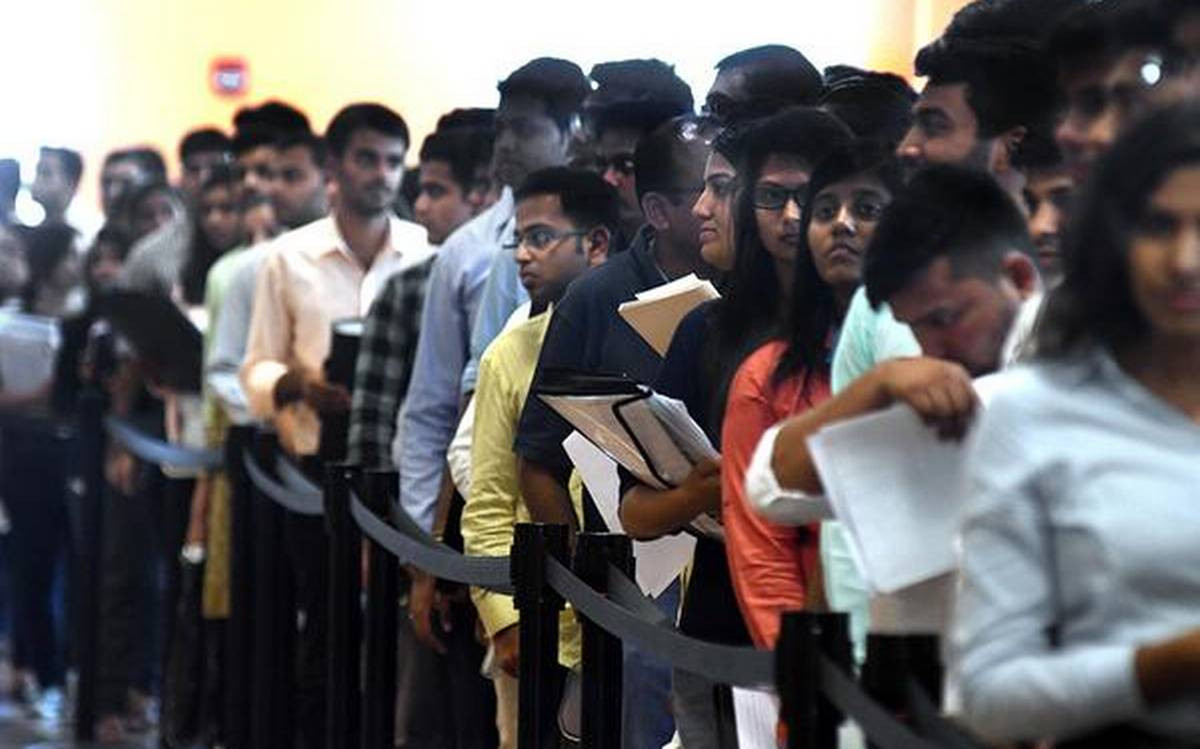Americas
Over one million overseas students face deportation from the US
Most of these students are from Asia.

Students hailing from various countries across the globe in the United States of America face deportation in case their universities go for only online courses. This was announced by the Immigration and Customs Enforcement (ICE) on Monday night.
According to a CNN report, many American varsities, among them Harvard and Princeton, have already decided to conduct some of the courses online for students on campus also due to a surge in the number of the Covid-19 cases recently.
Quoting a press release by ICE a Straits Times report said: "The Department of State will not issue visas to students enrolled in schools and/or programmes that are fully online for the fall semester nor will US Customs and Border Protection permit these students to enter the United States.
"Active students currently in the United States enrolled in such programmes must depart the country or take other measures, such as transferring to a school with in-person instruction to remain in lawful status. If not, they may face immigration consequences, including, but not limited to, the initiation of removal proceedings."
The announcement would directly affect over one million international students in the US. The Institute of International Education (IIE) has stated that the current academic year (2018-2019) was the fourth in a row to have over a million international students studying in the US.
Most of these students are from Asia. The Chinese students are the largest group (369,548) followed by Indians (202,014). However, the Canadian students are the fifth largest group with mere 26,122 while Mexicans stand at the tenth place (15,229).
The IIE data suggests that most of the international students are funded by overseas agencies. It means that they bring revenue for American universities. This policy to discourage international students would prove counter-productive for the US.
The New York University and Columbia University have a major chunk with 19,605 and 15,897 international students, respectively.
The US government has taken a host of steps to check foreigners from working and studying in the country. The reason being that they rob Americans of jobs, particularly as the economy has slowed down during the epidemic.
Ken Cuccinelli just said on @CNN the reason to for ICE's international students ruling is to force colleges & universities to open. He also cannot understand international students' $41 BILLION impact on the economies of the schools they attend and communities in which they live.
— Tim Massie (@tcmassie) July 7, 2020
The Straits Times quoted analysts saying this a result of the Trump administration's agenda to curb immigration.
"The Trump administration seems to be doing everything it can to stop all immigration to the United States," said Cornell Law School professor and an adviser to the National Foundation for American Policy Stephen Yale-Loehr.
"Families are separated and employers can't bring in needed workers. These latest actions are hurting, not helping, our economy," he said this while speaking to Forbes magazine.
The latest announcement follows a Presidential Proclamation on Immigration in June blocking H-1B, H-2B, J and L non-immigrants, who were outside the United States on June 24 and had no valid visa or travel document for visiting the country at least till December 31.
This move could be reviewed from time to time and could be extended, stated the Proclamation.
Many American schools will conduct only online sessions during the upcoming fall semester. Hence enrolled students will have to leave the country.
Institutions may hold in-person classes to retain foreign students as they are a major source revenue and bring with them talent, particularly in science, technology, engineering and mathematics (Stem) fields, stated the Straits Times report.
"This ICE policy is backward and self-defeating," tweeted former undersecretary of state Richard Stengel. "These foreign students bring in many billions to our GDP as well as promote our public diplomacy," the tweet said. "Narrow short-term thinking by Trump admin," he added.
"This is a win for nativists and isolationists, but a major loss for the US, both economically and in terms of soft power," tweeted University of Michigan Organisational Studies Associate Professor Elizabeth Popp Berman.
In a statement, Association of International Educators executive director Dr Esther Brimmer said: "Our nation risks losing global talent with new policies that hurt us academically and economically."





